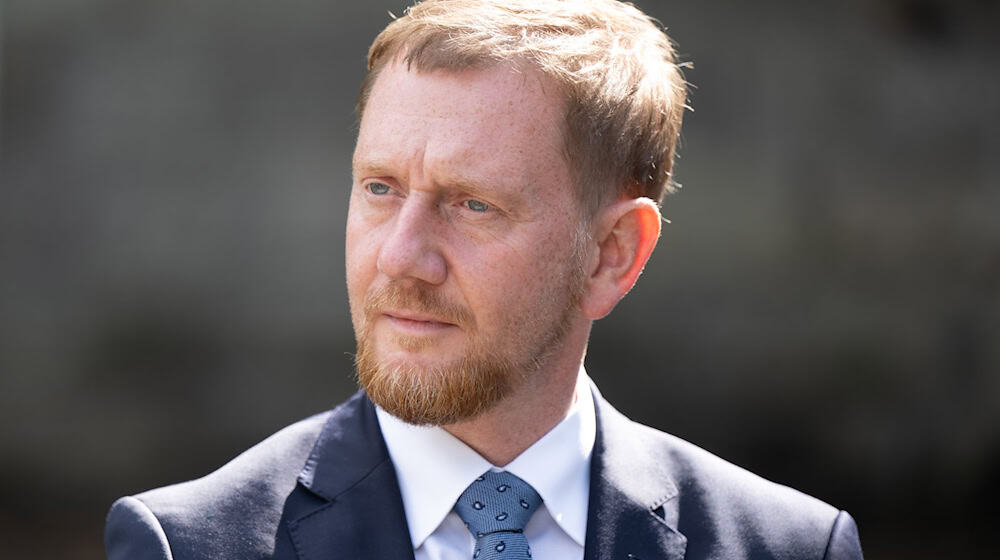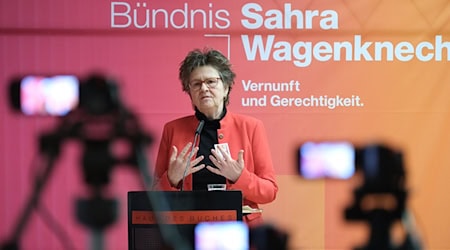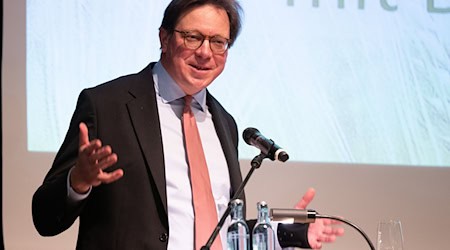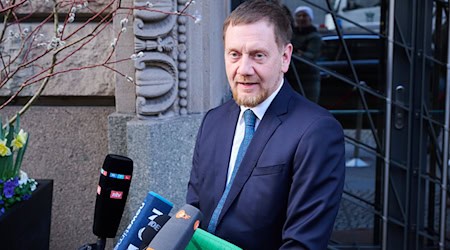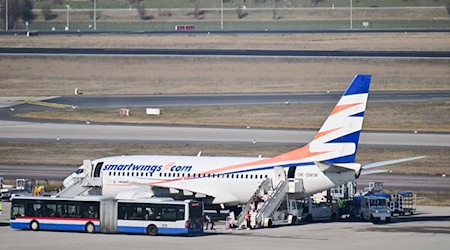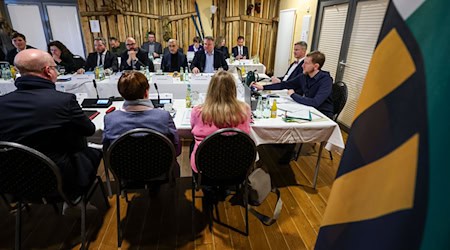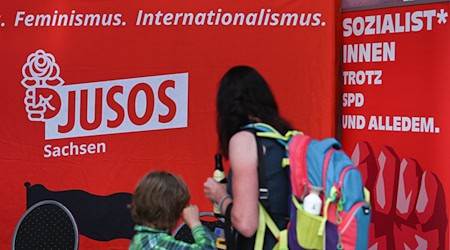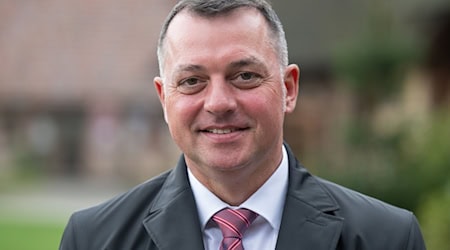The CDU is causing confusion with contradictory signals to the Sahra Wagenknecht (BSW) alliance. While Saxony's Minister President Michael Kretschmer (CDU) is looking forward with confidence to further talks with BSW and the SPD for a joint coalition government, CDU headquarters in Berlin is sending out contradictory messages. CDU leader Friedrich Merz believes that coalitions with the BSW in Thuringia or Saxony are "very, very, very unlikely". Tolerance or other forms of cooperation are conceivable, he told Merz on Thursday evening in Berlin.
Merz considers coalitions with the BSW to be "very, very, very unlikely"
The BSW is currently the movement of a single woman who is not active in state politics in either Thuringia or Saxony, Merz emphasized. Regarding the BSW actors in the federal states, he said: "I don't know what makes these people tick." He therefore told the CDU politicians in both states that they should talk to the BSW. But there was one point that the CDU would not go along with, namely when it came to positions against America and for Russia. Merz had already taken aim at BSW leader Sahra Wagenknecht earlier. He had said in June that she was "far-right on some issues and far-left on others" and rejected cooperation with the BSW.
Kretschmer strikes a conciliatory tone
Saxony's Minister President Kretschmer expressed a different view in an interview with the Chemnitz newspaper "Freie Presse". "We have a major challenge after this election result. I would like us to accept it now and not just talk about fears," he said. The alternative would be a minority government. "The difference is: in a minority government, you are in negotiations every day. With every topic, every law, every budget, every small proposal, the discussion starts all over again. That ties up an incredible amount of energy. That's why a coalition is always the better way." The CDU, BSW and SPD are also exploring cooperation in Thuringia.
At the same time, Kretschmer, who fiercely attacked Sahra Wagenknecht during the election campaign, struck a conciliatory tone. "Different perceptions of each other can only change if we talk to each other. That's why I sought a conversation," he said, referring to an interim meeting with Wagenknecht. Meanwhile, the CDU leadership in Saxony also met with the BSW leadership in the state. "It's still too early to predict whether the whole thing can succeed. But what I can already say: I have met people who, in my view, are very serious and very positive," said Kretschmer.
Kretschmer: East Germany is a seismograph
Kretschmer also addressed the question of whether an alliance with the BSW could be a model for the whole of Germany in the future. "East Germany is a seismograph, just as young people are in a society. Much of what we are experiencing here will apply to the whole of Germany with a time lag," he said. This can also be seen in other topics, for example in dealing with the issue of war. "The proportion of people who believe that more diplomacy is needed, even in the old federal states, has increased right up to the federal government."
Kretschmer has no federal political ambitions
Kretschmer denied that he has any federal political ambitions in the event that CDU/CSU chancellor candidate Friedrich Merz wins the election next year. "I was in Berlin for 15 years. That chapter is over for me. I want to give Saxony a stable government and am working to ensure that the next five years are successful for our state." Other people would have to do this in Berlin. However, Kretschmer pleaded for a Saxon to be represented in the "front row" in a future federal government.
The CDU came in just ahead of the AfD (30.6 percent) in the state election on September 1 with 31.9 percent. The BSW achieved 11.8 percent from a standing start. This is no longer enough to continue the old coalition of CDU, Greens and SPD.
Copyright 2024, dpa (www.dpa.de). All rights reserved

